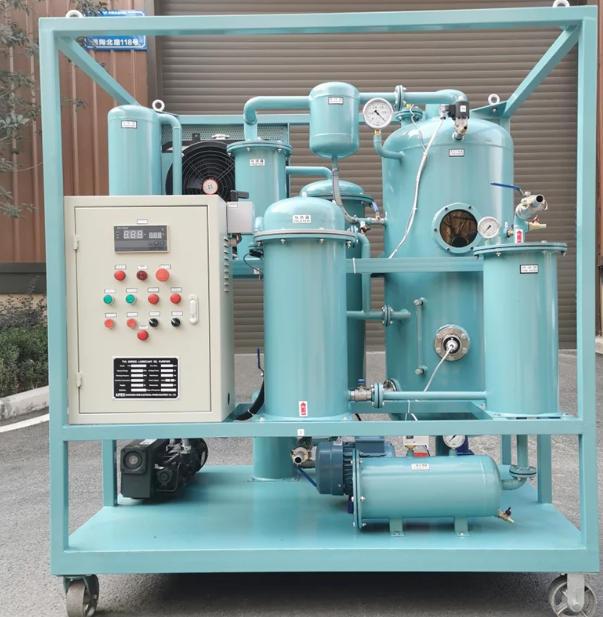How to Extend the Life of Your Fuel Oil Purifier

A fuel oil purifier is one of the most important pieces of equipment onboard ships and in power plants. It plays a critical role in ensuring that the fuel used for combustion is clean, free of water, and free of impurities. However, like any machinery, its performance and lifespan depend heavily on how it is operated and maintained. Extending the life of your fuel oil purifier not only ensures reliable operation but also reduces operating costs and downtime. Here are some proven strategies to help you maximize the lifespan of your purifier.
1. Stick to Proper Maintenance Schedules
The first step to extending the life of your fuel oil purifier is adhering to its maintenance schedule. Regular inspections, lubrication, and part replacements prevent excessive wear and tear. Manufacturers usually provide detailed schedules for cleaning, oil changes, and replacement of consumables such as seals, gaskets, and bearings. Skipping or delaying these tasks can accelerate damage and shorten the machine’s lifespan.
2. Keep the Bowl and Discs Clean
The separator bowl and disc stack are the heart of the purifier. Over time, sludge and other impurities accumulate in these areas, reducing efficiency and increasing strain on the motor and bearings. Regular cleaning ensures the bowl operates at maximum efficiency. Using ultrasonic cleaning methods can further improve results and extend the life of the delicate disc stack.
3. Use Correct Operating Parameters
Every purifier is designed to work under specific parameters, including fuel viscosity, temperature, and flow rate. Running the purifier outside these ranges can damage the motor, reduce separation efficiency, and even cause mechanical failure. Preheating fuel oil to the manufacturer’s recommended temperature before feeding it into the purifier is particularly important, as this ensures proper separation of water and solids.
4. Monitor Fuel Quality
Fuel quality varies significantly from one bunker to another. If fuel is heavily contaminated, the purifier will need to work harder, reducing its operational life. Regularly sampling and testing fuel before purification can help in adjusting operating parameters and preventing overload. In some cases, pre-treatment using settling tanks or filters can reduce the burden on the purifier.
5. Balance the Rotating Parts
Unbalanced rotating assemblies are one of the most common causes of purifier wear and tear. Always ensure the bowl and disc stack are properly balanced after cleaning or reassembly. Even minor imbalance can cause vibrations, leading to bearing wear, leaks, and cracks in the casing.
6. Train Operators Properly
Human error is often the hidden factor behind premature purifier failures. Operators should be trained to recognize abnormal sounds, vibrations, or changes in operating pressure. Early detection of problems can prevent catastrophic damage and costly downtime.
Conclusion
By following a proactive approach—regular maintenance, careful operation, and proper training—you can significantly extend the life of your fuel oil purifier. This not only ensures reliable engine performance but also helps you avoid unplanned repairs and costly delays. Investing time and resources in proper purifier care pays off through long-term savings and dependable operation.
- Art
- Causes
- Crafts
- Dance
- Drinks
- Film
- Fitness
- Food
- Juegos
- Gardening
- Health
- Inicio
- Literature
- Music
- Networking
- Otro
- Party
- Religion
- Shopping
- Sports
- Theater
- Wellness


